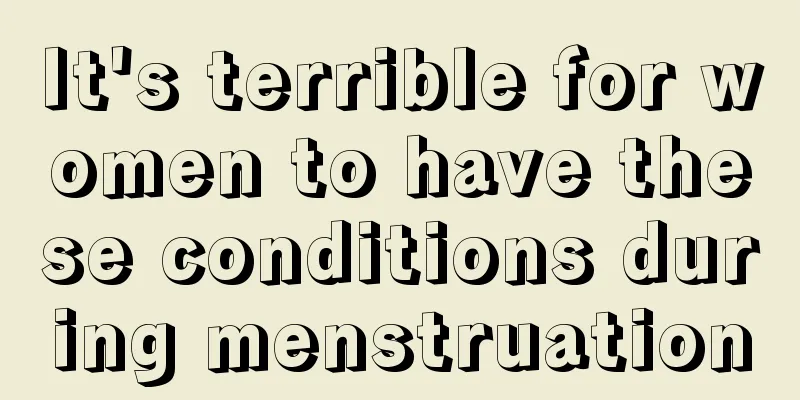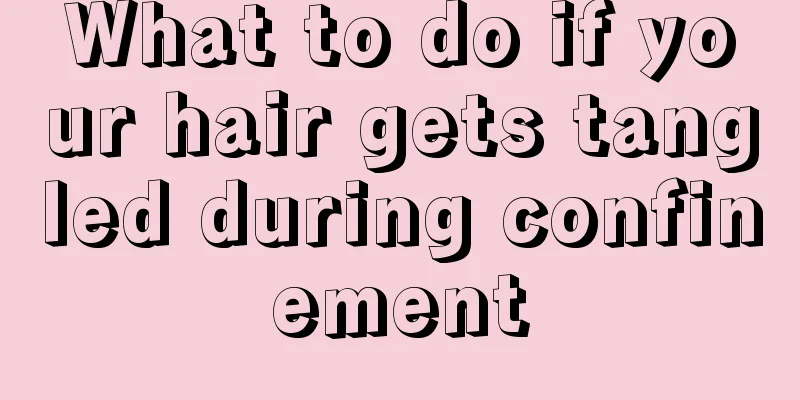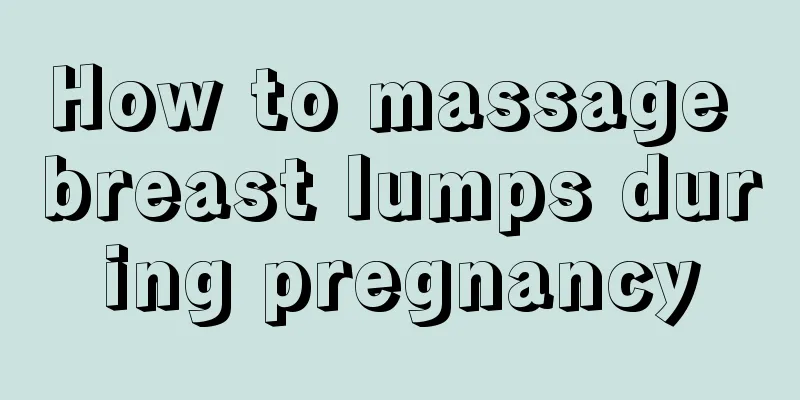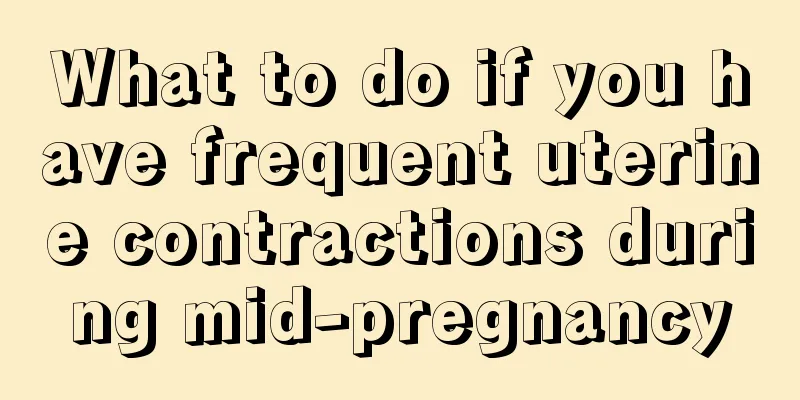Does it mean that menstruation will not come if there is no ovulation?
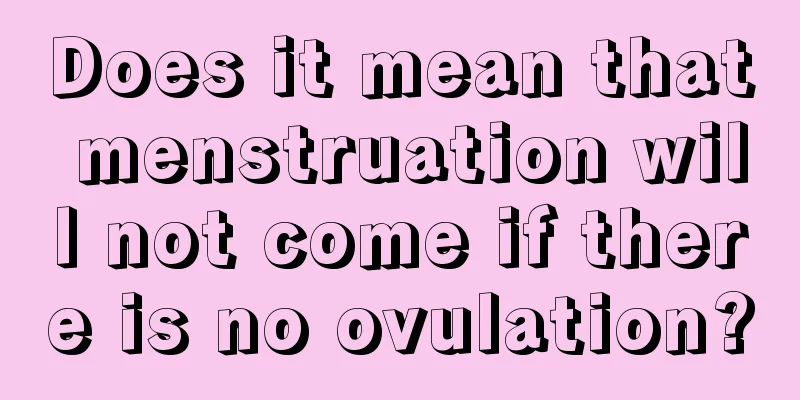
|
Many adult women find that their ovulation period is sometimes not very accurate, and sometimes they do not ovulate. What is going on? If I don’t ovulate, will I still have my period? There are many problems that bother people, and many people are eager to know: "Will there be no menstruation if there is no ovulation?" Let the editor answer this question for everyone! Generally speaking, each menstrual period marks the release of a mature egg from the ovary. But in fact, some women have menstruation but cannot ovulate, which is medically called anovulatory menstruation. Which women often show anovulatory menstruation? Shortly after the first menstruation, some women may have incomplete hypothalamic maturation or delayed maturation of the hypothalamic cyclic center, resulting in imperfect regulation of the hypothalamic-pituitary-ovarian axis; or when they are overly nervous or tired; or because of chronic diseases that interfere with the normal regulation of menstruation, the ovaries may not ovulate but the uterus may bleed, which is called anovulatory menstruation. Additionally, anovulation is common in women who are in menopause or premenopause. Anovulatory menstruation has different manifestations. The most common one is irregular vaginal bleeding, which means that the interval between bleeding, the number of days it lasts and the amount of blood are all irregular. Sometimes there may be several months between two menstrual periods, which is called infrequent menstruation; sometimes bleeding occurs every few days. Generally speaking, menstruation with an interval of less than 21 days is often called anovulatory menstruation. Each bleeding can last from a few days to several months; the amount of blood can be small, with spot bleeding, or large and rapid. The latter often causes anemia symptoms such as dizziness, lightheadedness, and weakness due to excessive bleeding. Why do I not ovulate even though I have my period every month? It turns out that if the follicles on the surface of the ovaries do not rupture after they mature, the mature eggs cannot be discharged, but the ovaries can still secrete hormones. Therefore, under the action of these hormones, the endometrium still changes periodically, which manifests as regular menstruation but no ovulation. After reading the above text, you may have already figured out the answer to the question "Will there be no menstruation if there is no ovulation?" Yes, there will be menstruation even if there is no ovulation. But sometimes non-ovulation is pathological, such as ovulation disorder. This situation will lead to infertility. It is best to treat it in time. |
<<: Can you get pregnant if you have sex during your menstrual period?
>>: What causes itching in women’s genitals?
Recommend
What exercises can help you get pregnant?
If you want to get pregnant as soon as possible, ...
[Medical Q&A] Is there any relationship between gastric ulcer and medication?
Planner: Chinese Medical Association Reviewer: Zh...
Can I take anti-inflammatory and anti-inflammatory medicine during menstruation?
Women’s bodies will be weaker during menstruation...
It's not the face that ages faster for women, but this "secret" part
Many women may be aware that their breasts age fa...
What medicine should I take to stop bleeding during ovulation?
In the middle and late menstrual period, that is,...
Unbearable abdominal pain during ovulation
The reason why many women hate menstruation so mu...
How to massage the uterus after induced labor
The uterus is a very important part of a woman. T...
Can I have a painless abortion at 10 weeks?
In today's society, the number of abortions i...
What does pregnancy discharge look like?
There will definitely be many pregnancy reactions...
Before a woman gets seriously ill, the color of this part of her body will darken
It is important for women to take care of their b...
What should pregnant women do if they catch a cold or fever?
Only when the pregnant woman is healthy and not a...
Is the uterus anterior-posterior?
Every woman's ability to conceive is differen...
What are the causes of brown leucorrhea after menstruation?
Menstruation has a certain cycle, and each person...
Short hair girl
Women generally have long hair, but this is not a...
Why are my nipples insensitive?
As we all know, women's nipples are very sens...
